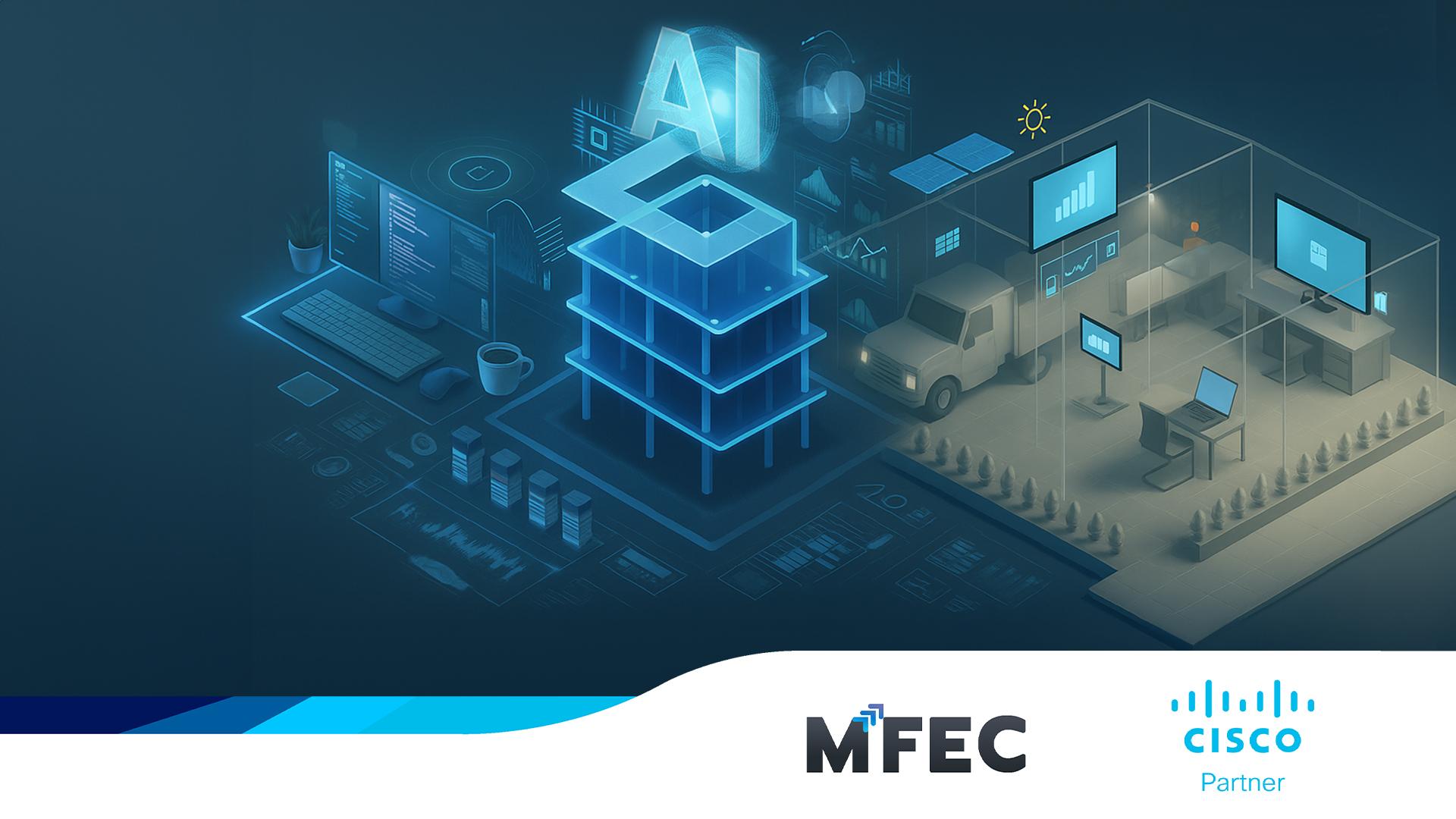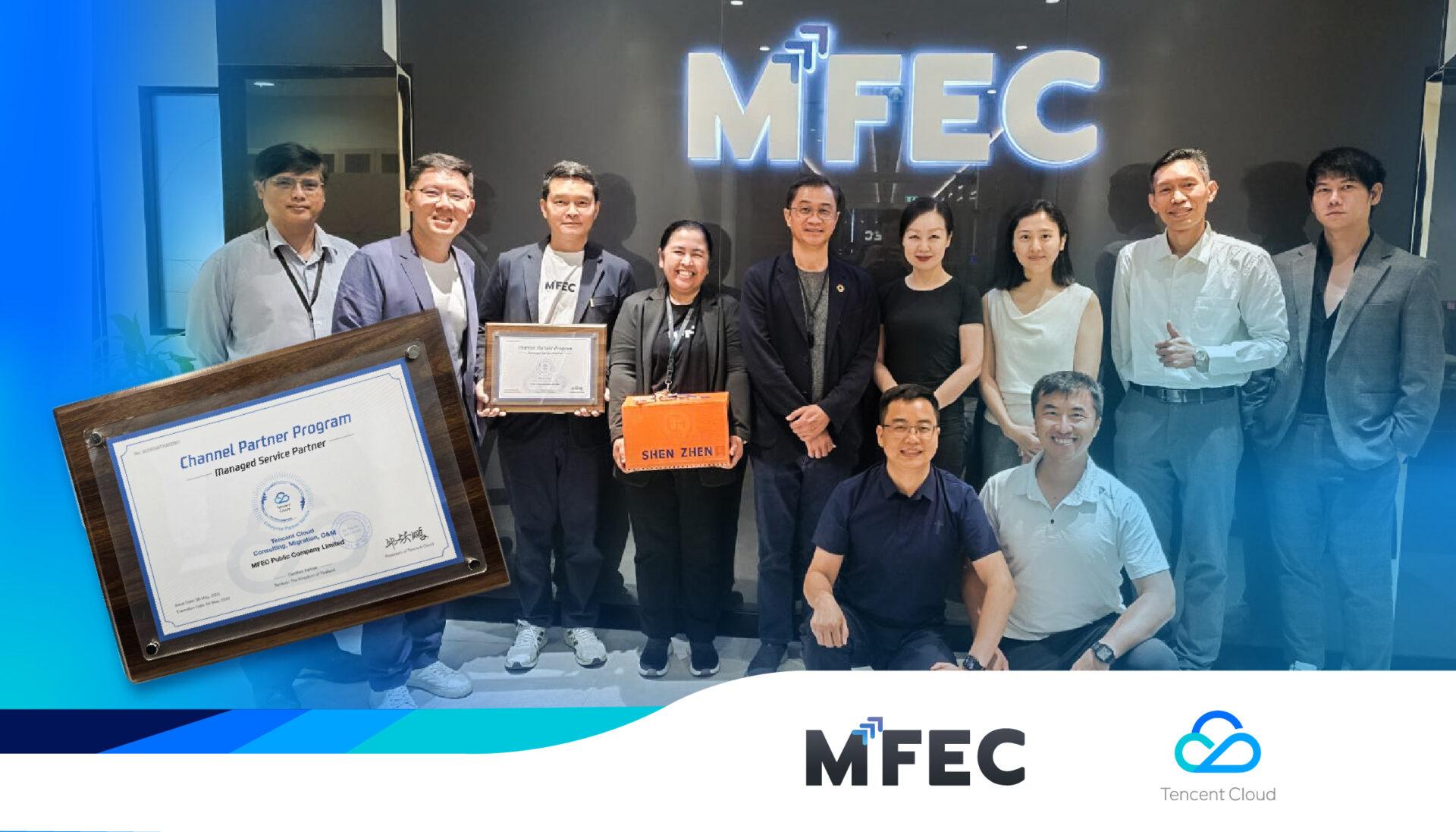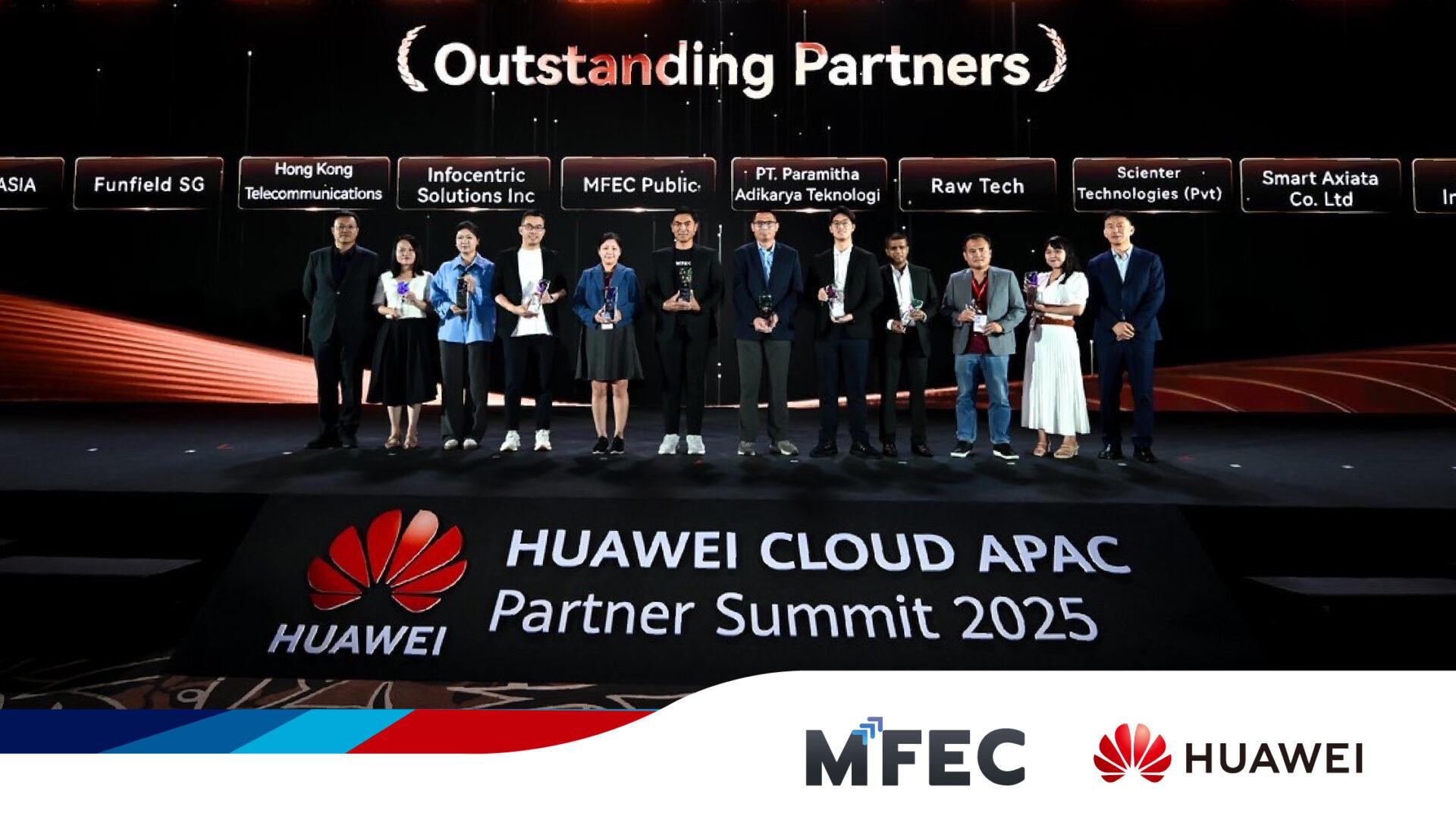A Collaborative Smart Building Initiative by MFEC, Cisco, and the Faculty of Architecture, Chulalongkorn University
In today’s world, where technology is deeply embedded in our everyday lives, buildings are no longer just structures for living or working. They are transforming into Smart Buildings — intelligent environments that integrate advanced technologies to enhance security, comfort, energy efficiency, and automation. More importantly, these spaces are being designed with a human-centric approach, fostering well-being and enabling people to live and work more effectively.
Guided by this vision, the Faculty of Architecture at Chulalongkorn University has embarked on an ambitious project to transform its campus facilities into a Smart Building prototype — or Digital Twin. By leveraging cutting-edge AI and IoT technologies, the project aims to deliver adaptable, efficient, and sustainable architectural solutions that prioritize user experience and environmental impact.
This initiative is made possible through a Memorandum of Understanding (MOU) between the Faculty of Architecture and Cisco (Thailand), a global leader in network infrastructure. Playing a critical role in this collaboration is MFEC, which brings its expertise in system design and IoT deployment to implement customized solutions for smart building management.
As part of the project, Cisco has provided advanced networking technologies such as Cisco Catalyst and Cisco Meraki, laying the foundation for a robust, secure, and scalable digital infrastructure that enables seamless connectivity between smart devices throughout the building. MFEC complements this with tailored IoT systems — including space utilization analytics, energy metering, environmental monitoring, real-time dashboards, and AI-powered insights — all contributing to a responsive and intuitive building management ecosystem.
More than just a technological upgrade, this collaboration creates a living lab for experiential learning, offering students, faculty, and future architects a hands-on opportunity to engage with smart design and modern building systems in action.
The project stands as a pioneering example of innovation in education — empowering a smarter, greener, and more connected learning environment. It demonstrates how digital transformation, when aligned with academia and industry collaboration, can lay the foundation for smart cities and sustainable design in the digital age.






